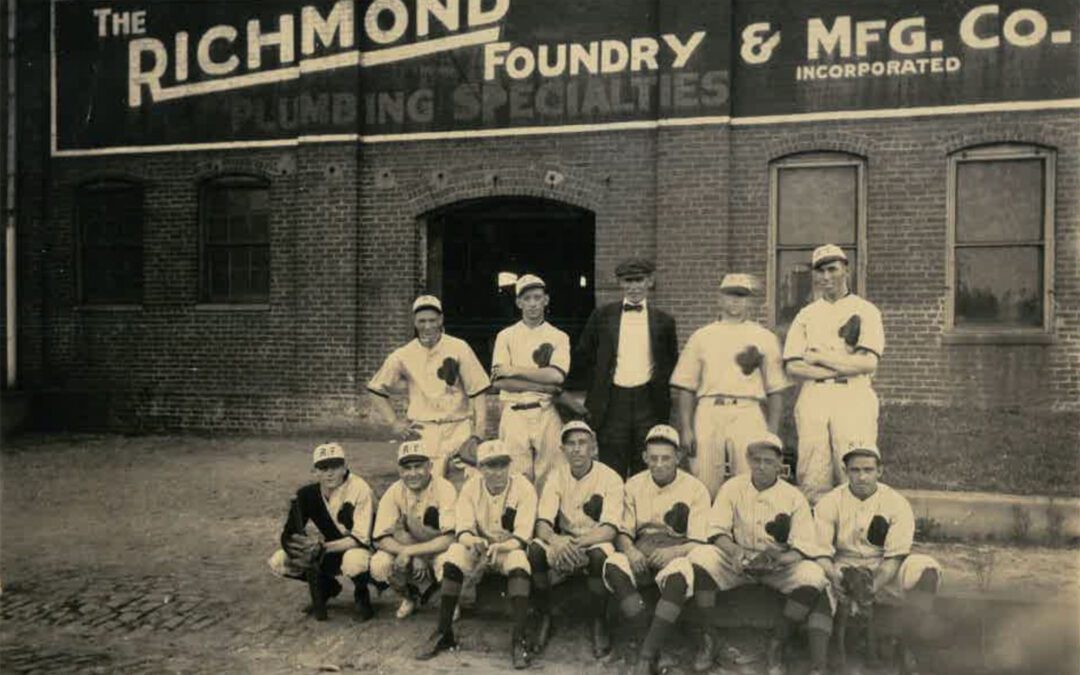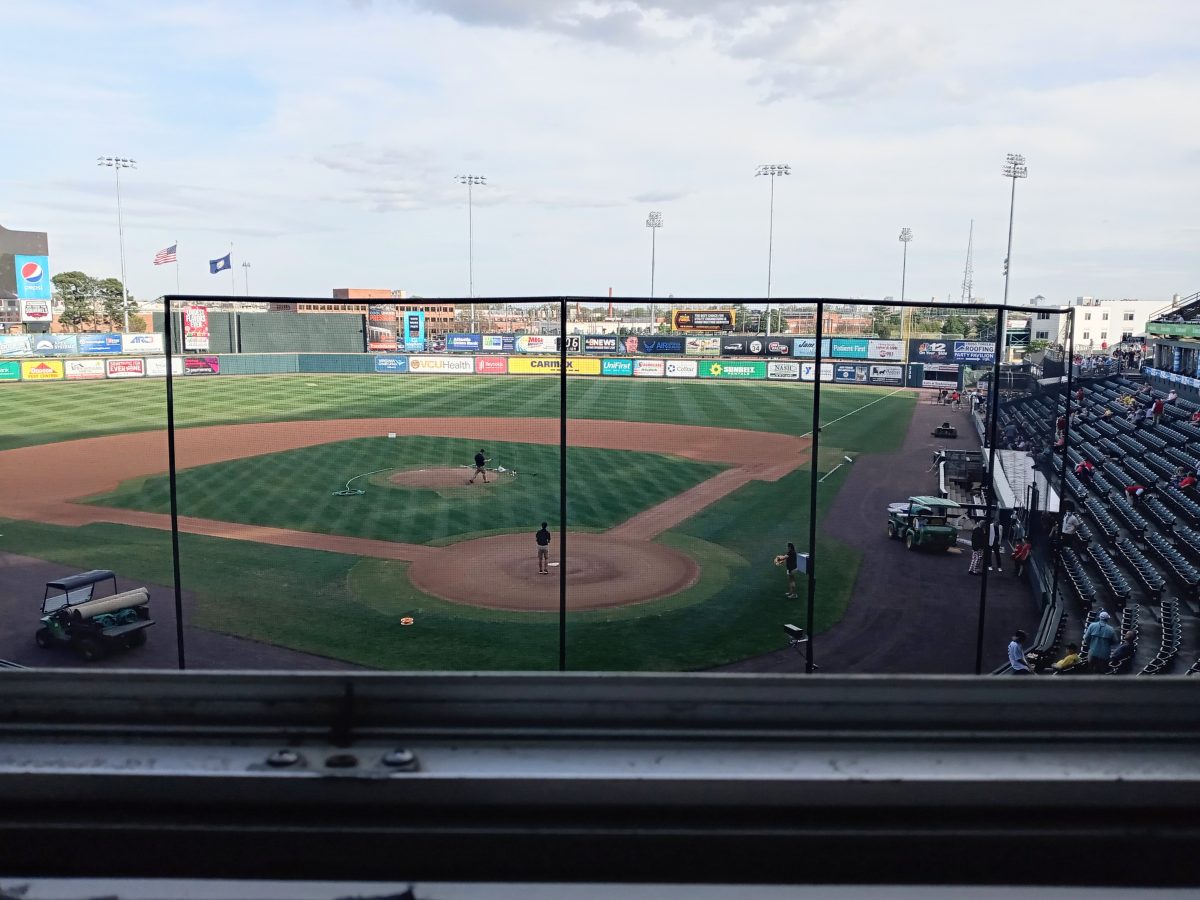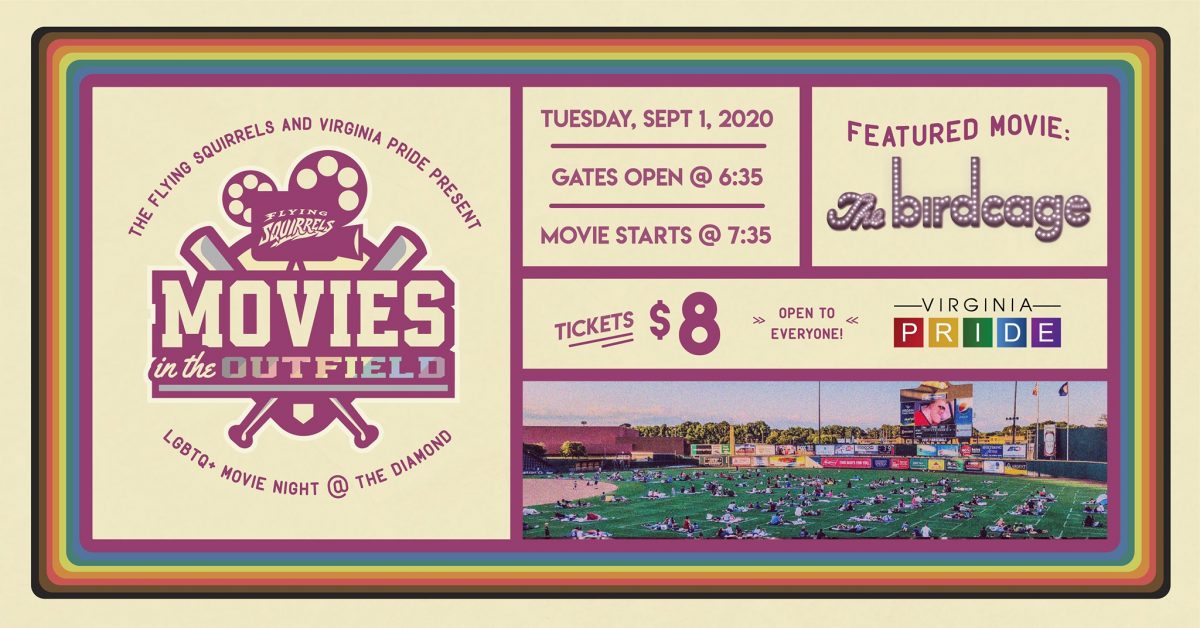Been Playing Since 1866. Cobb, Ruth, Williams, Mays Played Here. We Even Had a Major League Team — For 46 Games Everybody knows that our beloved capital city has a rich history. Settled by Native Americans, explored by English colonists, burned to the ground by the...





